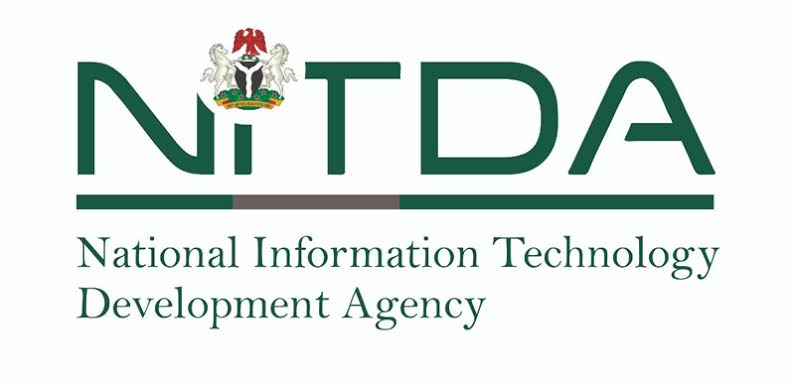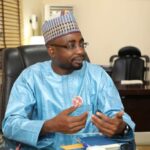The National Information Technology Development Agency (NITDA) has said the school curriculum in Nigeria is outdated and needs an urgent and comprehensive review.
The Director General of NITDA, Kashifu Inuwa Abdullahi, made these remarks during a meeting with the management team of the Nigerian Educational Research and Development Council (NERDC), led by its Executive Secretary, Professor Janaidu Ismail, at NITDA’s corporate headquarters in Abuja, a statement by NITDA said Sunday.
Abdullahi emphasised the urgent need to work together to review the existing school curriculum and develop a comprehensive one that incorporates digital skills at all educational levels.
He said this is in line with President Bola Ahmed Tinubu’s Renewed Hope Agenda to create millions of jobs by leveraging digital technologies and achieving a digital literacy rate of 70% by 2027.
- ‘Japa syndrome’ affecting hospital operation in Nigeria – FMC CMD
- There’ll be no room for internal, external aggression in Nigeria — Military
He stated that digital technology has an important role to play in the design of the curriculum, content and processes due to evolution of technology. This disruptive technology has substituted the way of doing things worldwide of which Nigeria as a country is not to be left behind.
“We must lead in developing a competency-based, outcome-focused curriculum that addresses the demands of the 21st century. This will enable us to produce a skilled workforce capable of meeting the needs of the Nigerian market and attracting investment from other countries. Integrating digital skills into the curriculum is crucial for national development and economic growth,” the NITDA DG said.
He further asserted that government policies and objectives, especially those which relate to sustainable development, 21st century skills, digital economy, creative arts and digital technology would create a pathway for nation building.
Abdullahi also explained that things have scaled up to meet up the new normal, like computer precision to digitalisation which is the focus of the curriculum to provide citizens with the required knowledge and skills and digital technology for growth and development.
In his earlier remarks, the Executive Secretary (ES) of NERDC, Prof. Ismail Janiadu, stated that the institution is charged with the primary responsibility of curriculum development for the country at all levels and this cannot be done without the infusion of digital literacy as a critical area for the development of any country.
The ES noted that the visit was to scale up the existing relationship, partnership and engagement and to explore potential areas that both organisations will have a tie towards national development.

 Join Daily Trust WhatsApp Community For Quick Access To News and Happenings Around You.
Join Daily Trust WhatsApp Community For Quick Access To News and Happenings Around You.


